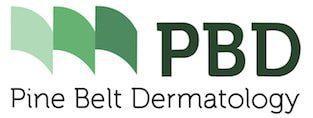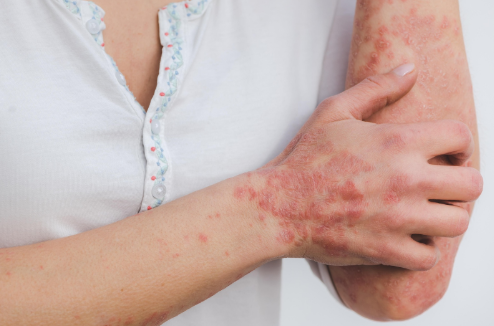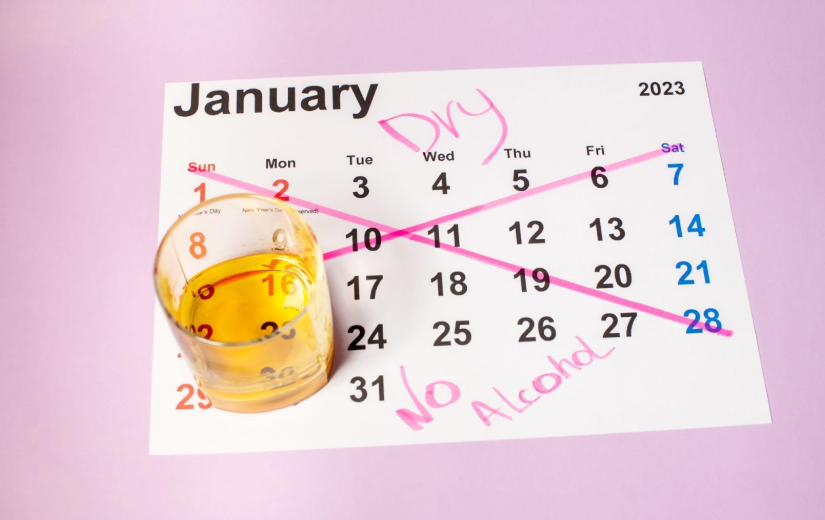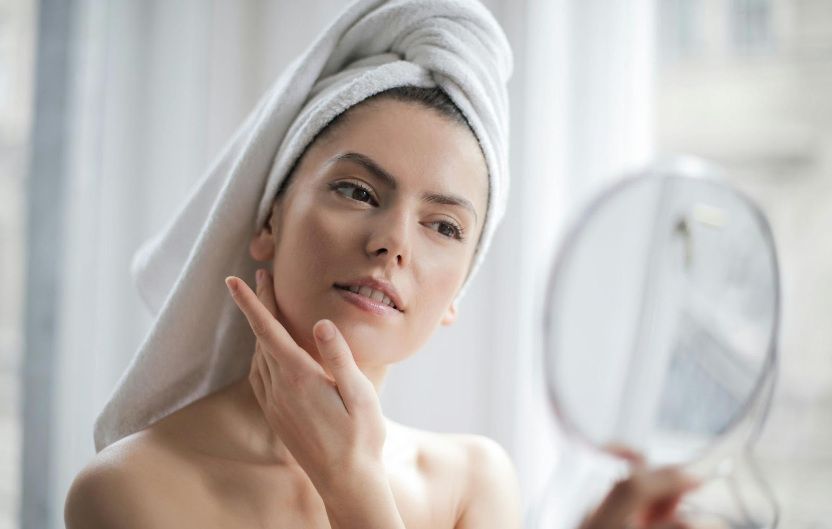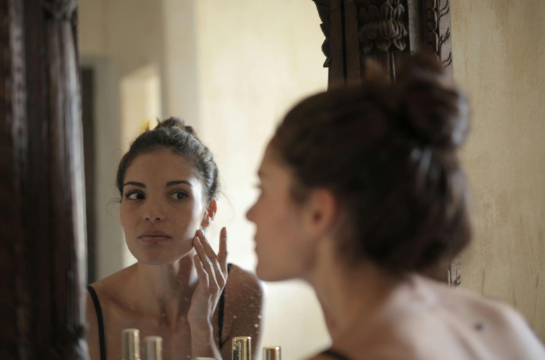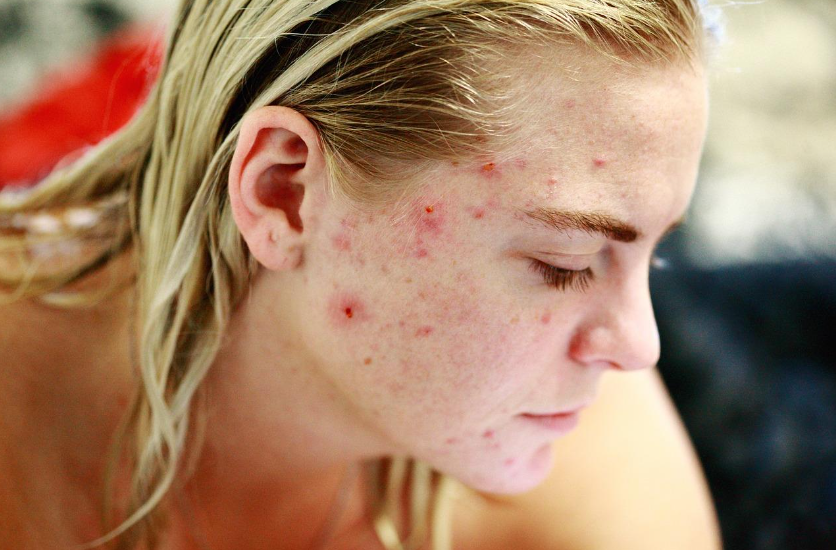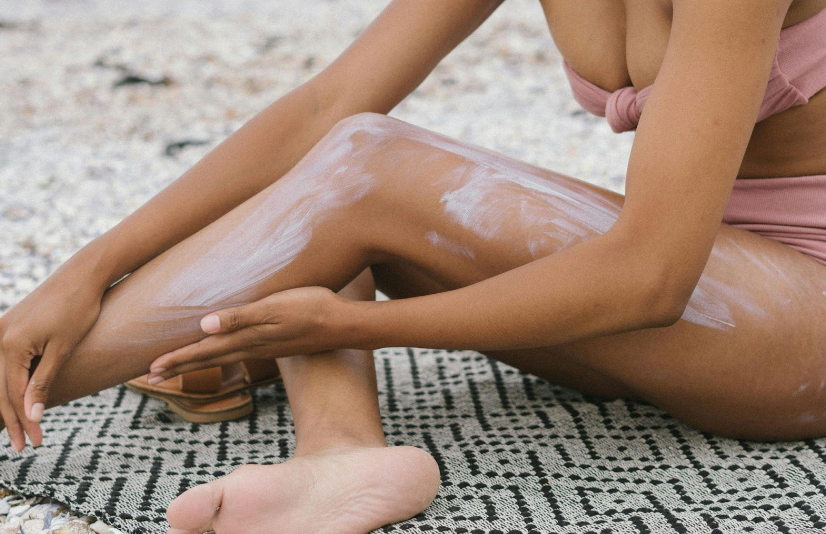Is That Patch of Dry Skin The "Winter Itch" or Eczema?
Dr. Eugene Conte • February 1, 2017
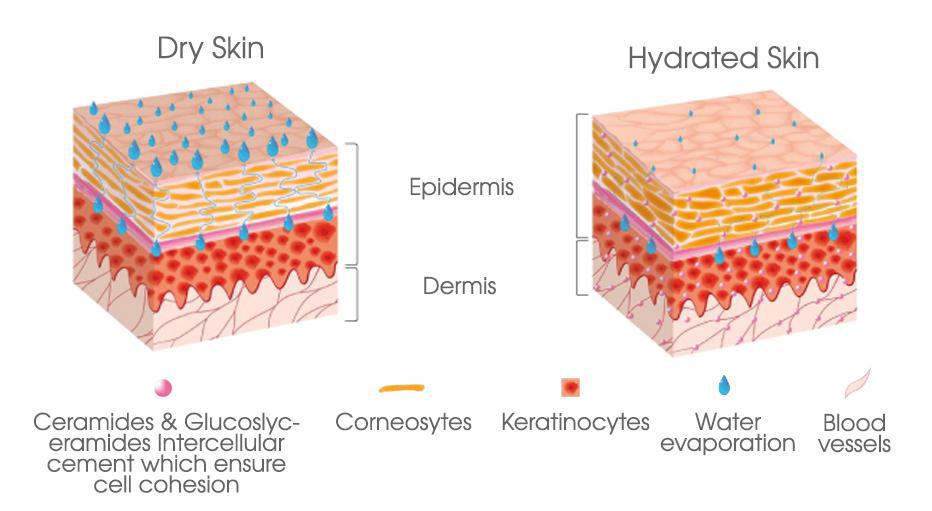
What is eczema?
Eczema is a chronic recurring skin disorder that results in dry, easily irritated, itchy skin. There is no definitive cure for eczema.
What are the characteristics of dry skin?
When your skin is dry, it is not because it lacks oil, but because it fails to retain water. For this reason, a good daily skin care regimen that focuses on the basics of bathing and moisturizing your skin will to help retain the water in your skin and therefore cutting down the amount of dryness that may occur.
When eczema becomes irritated it is called dermatitis.
When the dry skin patch looks “round like a coin “, it is then called nummular eczema. If that round patch of nummular eczema then becomes red, scaling and irritated then it is referred to as nummular dermatitis.
Understanding the condition and developing a good daily skin care regime is essential to controlling any potential flare ups of the condition.
What are the other factors may create dry skin?
The big factors are wind, low humidity, cold temperatures, excessive washing without the use of moisturizers, and the use of harsh drying soaps can all cause dry skin and aggravate eczema.
How do I take care of my dry skin?
The most important treatment for dry skin is to put water back in it. The best way to get water into your skin is to briefly soak in a bath or shower and then moisturize immediately afterwards.
The use of an effective moisturizer several times every day improves skin hydration and barrier function. Moisturizer should be applied to the hands every time they are washed or in contact with water.
The goal of bathing and moisturizing is to help heal the skin. To repair the skin, it is necessary to decrease water loss.
Some dermatologists recommend that you perform your bathing and moisturizing regime at night just before going to bed. You are unlikely to further dry out or irritate your skin while sleeping, so the water can be more thoroughly absorbed into your skin.
If you have hand eczema I recommend that you soak your hands in water, apply your prescription medications and moisturizer. Depending on how severe your hand eczema is you may put on pure cotton gloves before going to sleep. You should always moisturize even if you have to use topical prescription medication on your skin. By doing this it will enhance the effect of your topical medications.
What are the basics of Bathing and Moisturizing?
- Take at least one bath or shower per day. Use warm, tepid, not hot water for at least 5 to 10 minutes. Avoid scrubbing your skin with a washcloth.
- Use a gentle cleansing bar or wash, no soap.
- During a severe flare, you may choose to limit the use of cleansers to avoid possible irritation.
- While your skin is still wet(within three minutes of taking a bath or shower), apply any special skin medications prescribed for you and then liberally apply a moisturized.
- This will seal in the water and make the skin less dry and itchy.
- Be sure to apply any special skin medications to the areas affected with eczema before moisturizing.
- The most common skin medications used to treat skin inflammation are prescription topical steroids or topical immunomodulators (TIMS).
- Be sure to use these medications as directed by your dermatologist.
- Be sure to apply moisturizers to all of your entire skin surface and not only the whether it was treated with medication or not.
- Your dermatologist may recommend specific occlusives or moisturizers depending on the skin condition being treated.
- Moisturizers are available in many forms.
- Creams and ointments are more beneficial than lotions. Petroleum jelly is a good occlusive preparation to seal in the water however, since it contains no water it works best after a soaking bath.
How does water help your skin?
- Water hydrates the stratum coreum (the top layer of the skin)
- Water softens the skin so topical medications and moisturizers can be absorbed.
- Water removes allergens and irritants.
- Water cleanses, debrides, and removes crusted and dead skin.
- Water is relaxing and reduces stress.
Is water an irritant or a treatment?
Water irritates IF…..
- Skin is frequently wet without the immediate application of an effective moisturizer.
- Moisture evaporates, causing the skin barrier to become dry and irritated.
Water hydrates skin IF….
- After skin is wet, an effective moisturizer is applied within 3 minutes.
- Hydration is retained, keeping the skin barrier intact and flexible.
What are some cleansing tips?
- Gently cleans your skin each day.
- Use mild, non-soap cleansers.
- Use fragrance-free, dye-free, low-pH (less than 5.5) cleansing products.
- Moisturizer immediately after cleansing while your skin is still wet.
- Avoid scrubbing with a washcloth or towel; pat dry instead.
What cleansing product should I use?
Our skin surface is much more acidic than soap: the average pH of soap is 9-10.5 while the normal pH of the skin is 4-5.5. Some non-soap cleansers are specially formulated with a lower pH to be less irritating.
There are many brands of these products on the market today.
The product and brand I prefer to recommend to my patients are
CeraVe Hydrating Cleanser and CeraVe Moisturizer.
What are some cleansing pitfalls?
- Scrubbing
- Use of astringents
- Cleansing without moisturizing
- Use of harsh soap-based cleansers
- Harsh surfactants can damage the skins epidermal barrier.
- Soaps with an alkaline pH can further disrupt skin barrier proteins and lipids in your skin.
What does cleansing remove?
- Sebum (an oily substance produced by certain glands in the skin)
- Apocrine and eccrine secretions (skin gland secretions)
- Environmental dirt
- Bacteria, fungus, yeast and other germs
- Dead and discarded skin cells
- Cosmetic, skin care products and medications.
What is preferable, a bath or a shower? For how long?
Either a bath or a shower (about 10 -20 minutes) will keep your skin from drying out. If you spend a lot of extra time in the bath or shower with the use of hot water the opposite effect will happen and your skin will dry out more.
- Do NOT rub or SCRATCH your skin
- Do NOT completely dry your skin after your shower or bath. Instead, pat yourself lightly with a towel if needed.
What type of bath should I take?
Your Dermatologist may recommend one of the following types of therapeutic Baths depending on your specific skin condition.
- Bleach Baths
- Vinegar Baths
- Bath Oil Baths
- Salt Baths
- Baking Soda Baths
- Oatmeal Baths
DO NOT INITIATE ANY OF THESE BATHS ON YOUR OWN UNLESS DIRECTED BY YOUR DERMATOLOGIST
Last but not least how can you reduce your skin irritation?
After bathing and moisturizing, the next important step is to attempt to reduce skin irritation.
- Don’t scratch or rub the skin
- Wash all new clothes before wearing them
- Add a second rinse cycle to ensure the removal of soap
- Wear garments that allow air to pass freely to your skin
- Wet wrap therapy
- Work and sleep in comfortable surroundings
- Keep fingernails very short and smooth filling them daily
- Make appropriate use of non-sedating antihistamines
- Use sunscreen on a regular basis and avoid getting sunburn
- Take a quick shower or bath after going for a swim
If you are still have problems you need to be evaluated by your Dermatologist to obtain further specific individualized treatment... If you don't have a dermatologist, make an appointment with Pine Belt Dermatology & Skin Cancer Center today!
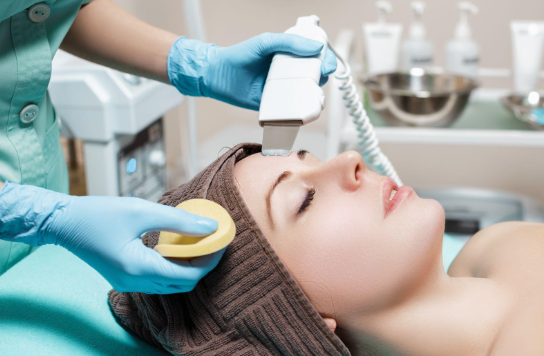
Your skin, the body's largest organ, is a vital indicator of your overall health. Changes in its appearance can signal underlying medical conditions that may require attention. Whether it’s ensuring you’re getting the right nutrients, managing stress, or seeking professional care, being attuned to what your skin tells you makes it easier to stay on top of your health.
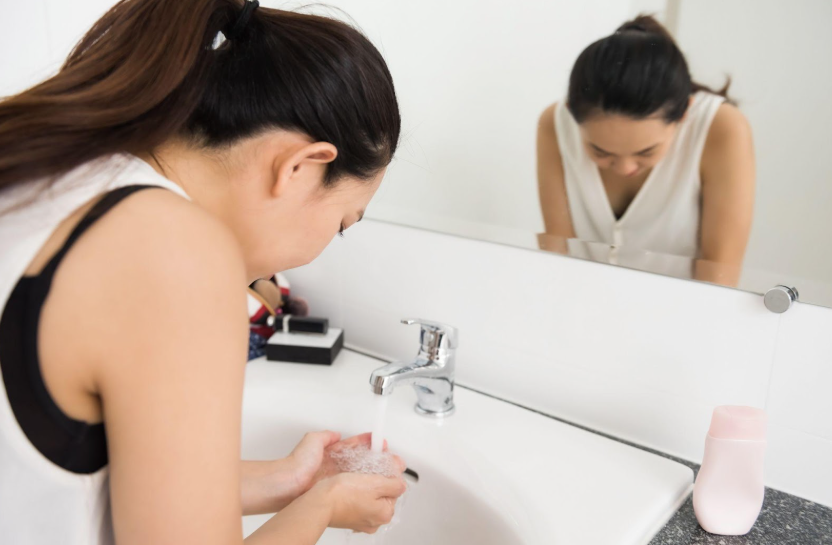
Achieving healthy, glowing skin begins with an effective cleansing routine. However, small mistakes can disrupt your skin’s natural balance, leading to irritation, breakouts, or premature aging. Avoiding these common errors and incorporating advanced techniques can significantly impact your skincare journey.
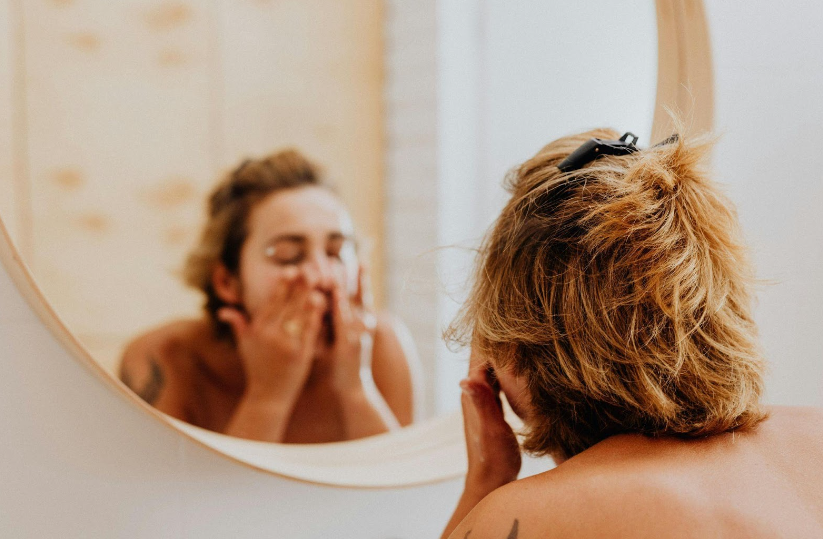
You’ve likely felt it in your life: that uncomfortable feeling of tightness, flakiness, and sometimes even itchiness that can make your skin look and feel less than its best. But what exactly causes dry skin, and how do you treat it? Don’t fret because we’ve put together some treatment tips that can help your dry skin regain its moisture.
